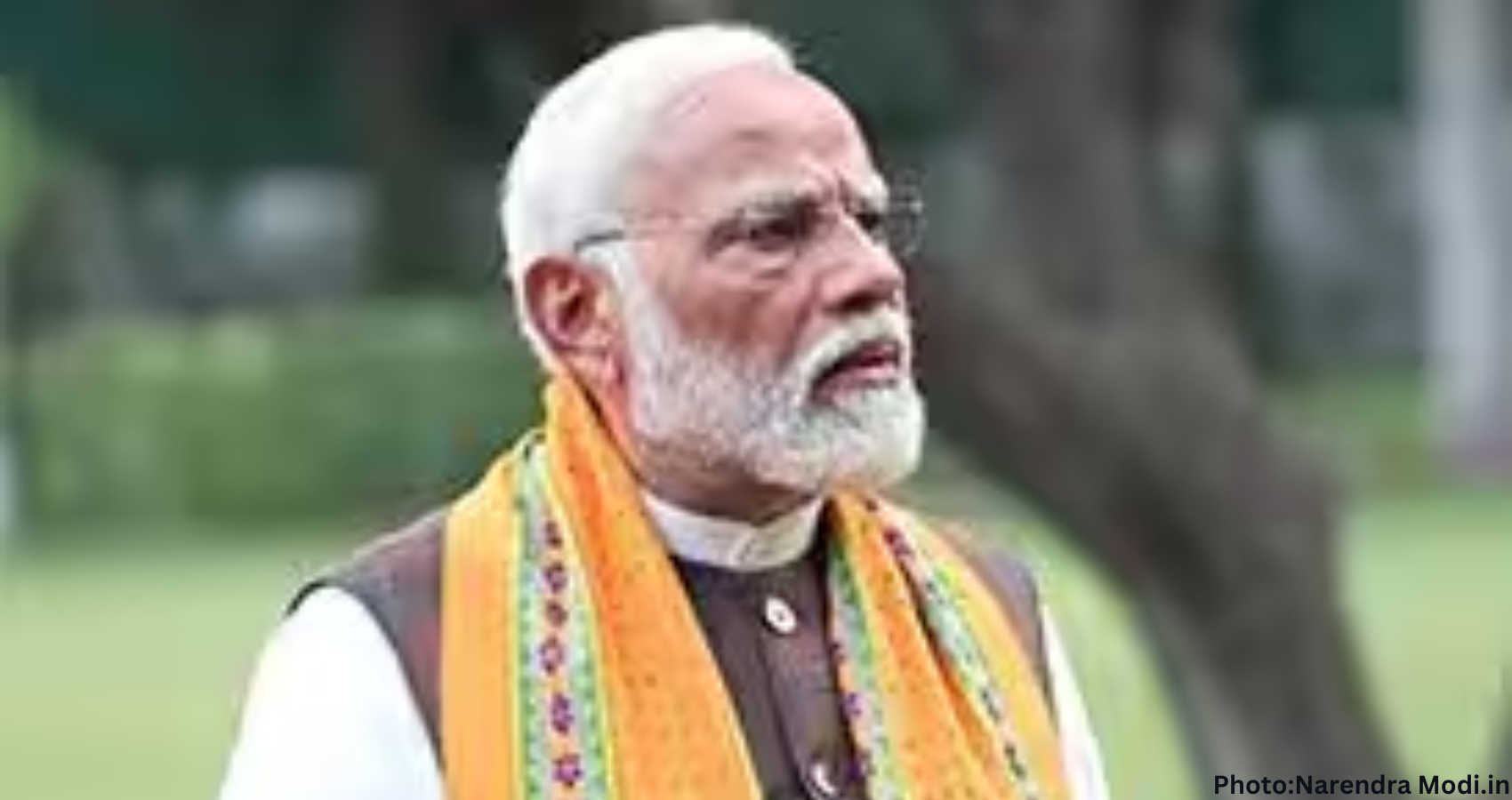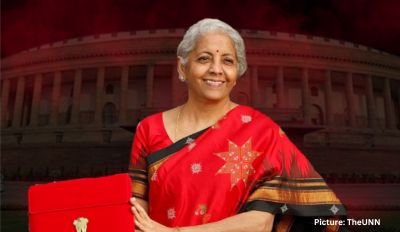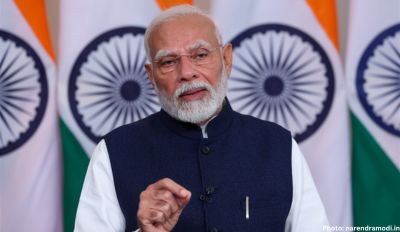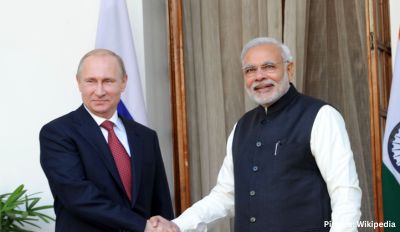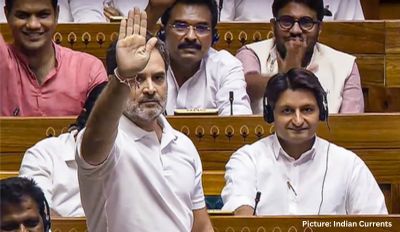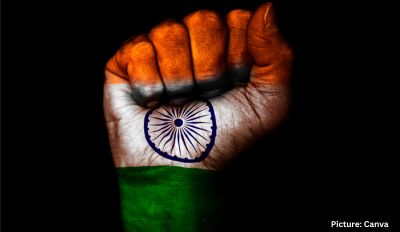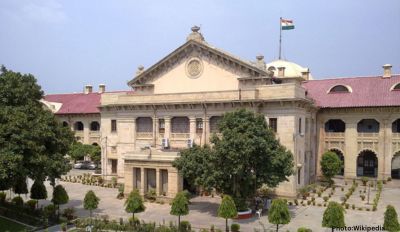A few weeks before the election that diminished Narendra Modi’s hold on India, the elite flocked to his home state of Gujarat. The event was described by an Indian writer as “likely the most ostentatious pre-wedding ceremony the modern world has ever seen”.
In March, to celebrate the forthcoming marriage of Anant Ambani, the youngest son of Mukesh Ambani, India’s richest man, Mark Zuckerberg, Bill Gates, and Ivanka Trump flew in. The entertainment included Rihanna and Akon. The nearby airport, typically reserved for India’s armed forces, received special permission for non-military jets to land, as reported by the media.
“When it comes to helping out his rich industrialist friends, prime minister Modi is willing to do anything,” Jairam Ramesh, a leading opposition politician, posted on X at the time.
After a decade in power, a recent study showed that 40% of India’s wealth is now in the hands of just 1% of the population. This stark inequality, embodied by Modi’s favored tycoons, may explain his shocking loss of majority in parliament this week.
Discontent has been simmering for years. When Modi attempted to scrap price protections for small farmers in 2020, protesters burned effigies of him and two moguls who have thrived under his rule, one being Ambani.
Ambani oversees an industrial empire founded by his father, amassing a $110bn (£86.4bn) fortune, comparable to the wealth of the US tech moguls who attended his son’s pre-wedding event. Ambani’s competitors have alleged that Modi’s administration facilitated his telecom venture’s dominance in the Indian market.
While the Ambanis have maintained good relations with the state across various administrations, the other effigy-burning protestors targeted a businessman whose rise is closely linked to Modi.
Gautam Adani supported Modi when he was Gujarat’s chief minister and became a pariah after overseeing riots that killed hundreds of Muslims. When Modi ascended to the prime minister’s office, propelled by his strong Hindu nationalism, he traveled to New Delhi on Adani’s private jet. Adani soon secured numerous government infrastructure contracts, boosting his wealth until he joined Ambani among the world’s top 20 richest individuals. Both tycoons praise the prime minister. Neither’s company responded to requests for comment.
Adani claims he is engaged in “nation-building”. His supporters, like Ambani’s, draw parallels with South Korea’s chaebol business clans, which enjoy privileges but drive economic growth. Under Modi, growth has been rapid enough for India to surpass the UK as the fifth largest economy.
However, the rise of Indian billionaires offers little to the millions of Indians barely scraping by. “There’s a lot of pain clouded by these huge top-line growth numbers,” said Sandipto Dasgupta, an expert on Indian politics at the New School for Social Research in New York.
A recent analysis by economists, including Thomas Piketty, suggested that India under Modi is now more unequal than it was under British rule. “It is unclear how long such inequality levels can sustain without major social and political upheaval,” they wrote. When asked about the study, Modi responded: “Should everyone be poor?”
Rahul Gandhi, who has led the opposition Indian National Congress party to a resurgence, focused on cronyism in his attacks. Early in Modi’s tenure, Gandhi labeled his administration a “suit-boot ki sarkar”, meaning a government for the wealthy.
Such criticisms seemed to have little impact on the seemingly invincible Modi for years. But Gandhi persisted, often mentioning Adani and Ambani. In May, Modi appeared to distance himself from the two tycoons, claiming they were providing “truckloads” of money to his opponents.
“During the campaign, people said nobody cares about this,” said James Crabtree, author of Billionaire Raj. “But maybe, actually, they did.” Defeats for Modi’s Bharatiya Janata Party (BJP) in Uttar Pradesh, India’s most populous state, suggest his anti-Muslim rhetoric failed to secure votes from poorer Indians, who remain affected by chronic unemployment.
If the stock market is any indicator, the election results spell trouble for the likes of Adani. When exit polls wrongly predicted a resounding BJP victory, prices soared for “Modi stocks”, including those in Adani’s companies. The actual results caused a sharp decline. At one point, Adani’s worth dropped by $25bn from its pre-election value.
For the first time, Modi will need to govern in coalition, requiring him to share ministries and their budgets with allies. This shift, according to Rohit Chandra, a political economist at the Indian Institute of Technology, will alter who benefits from state favoritism. “There will be different cronies from different regions. This is a welcome change.”

